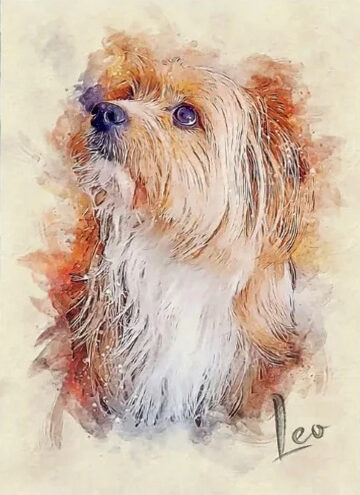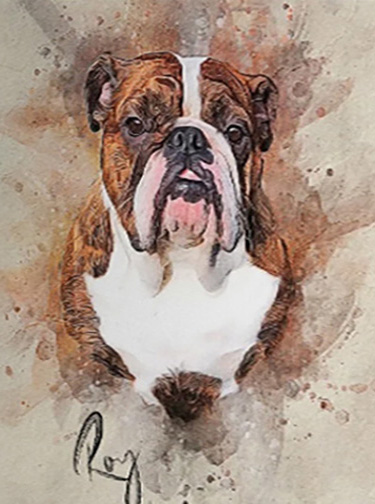 We all love our pooches, they are part of our family. Because we love them so much, we want to care for them in the best ways possible. Did you know that dog poop on the ground can spread parasites, viruses and bacteria to animals and people? It also affects our local waters where people work, play and harvest shellfish.
We all love our pooches, they are part of our family. Because we love them so much, we want to care for them in the best ways possible. Did you know that dog poop on the ground can spread parasites, viruses and bacteria to animals and people? It also affects our local waters where people work, play and harvest shellfish.
On the South Shore alone, we have more than 19,000 registered dogs from Weymouth to Kingston. According to the Environmental Protection Agency (EPA), the average dog produces approximately ¾ pound of waste per day. If you do the math, that’s more than 14,250 pounds of poop per day and 5.2 million pounds of poop per year – just on the South Shore.
 One of the largest pet waste issues is improper disposal. A common misconception is that it is a natural fertilizer and can simply be collected into the garden or flower bed. This is not true. In fact, leaving pet waste on the ground or concentrating it in one specific area of the yard can seriously harm soil quality and can be dangerous for both families and their pets. Cows and horses are herbivores, which makes their waste ideal for use as fertilizer, but dogs and cats are carnivores, making their waste unsuitable for soil enrichment. But that’s not all, in developed areas, waste deposits left on the ground can also serve as a steady, abundant food source for rats and mice.
One of the largest pet waste issues is improper disposal. A common misconception is that it is a natural fertilizer and can simply be collected into the garden or flower bed. This is not true. In fact, leaving pet waste on the ground or concentrating it in one specific area of the yard can seriously harm soil quality and can be dangerous for both families and their pets. Cows and horses are herbivores, which makes their waste ideal for use as fertilizer, but dogs and cats are carnivores, making their waste unsuitable for soil enrichment. But that’s not all, in developed areas, waste deposits left on the ground can also serve as a steady, abundant food source for rats and mice.
 Take our brief online survey and enter to win one of twelve – 12” x 16” canvas pet portraits.
Take our brief online survey and enter to win one of twelve – 12” x 16” canvas pet portraits.
Winners will be notified by email and instructed to send in their pet photograph. Portraits by Gift Shack.
This contest is sponsored by WaterSmart South Shore. WaterSmart is a nonprofit partnership between the NSRWA and 12 towns on the South Shore: Cohasset, Duxbury, Hanover, Hingham, Hull, Kingston, Marshfield, Norwell, Pembroke, Rockland, Scituate and Weymouth. Our programs are based on the belief that education is key. Since its creation, WaterSmart has educated thousands of local school-age children, adults, and businesses on water conservation, stormwater pollution, where their water comes from, and how to care for it.

